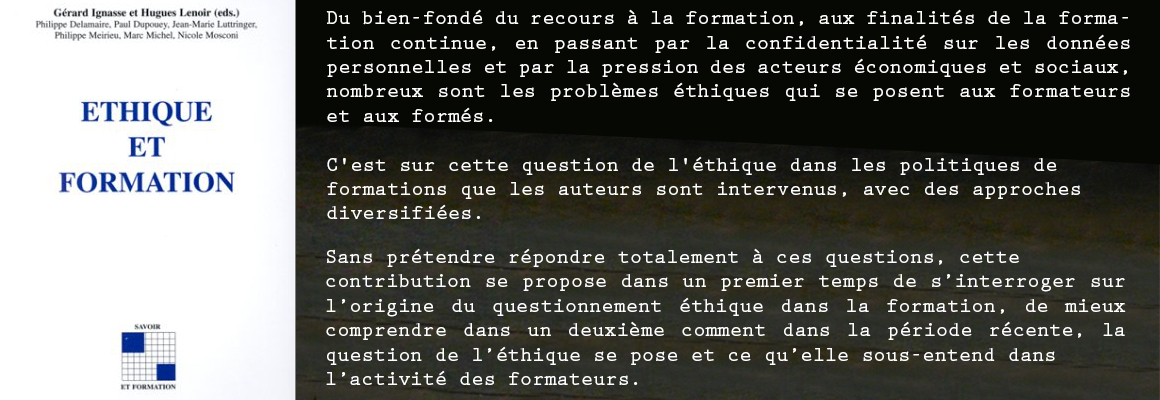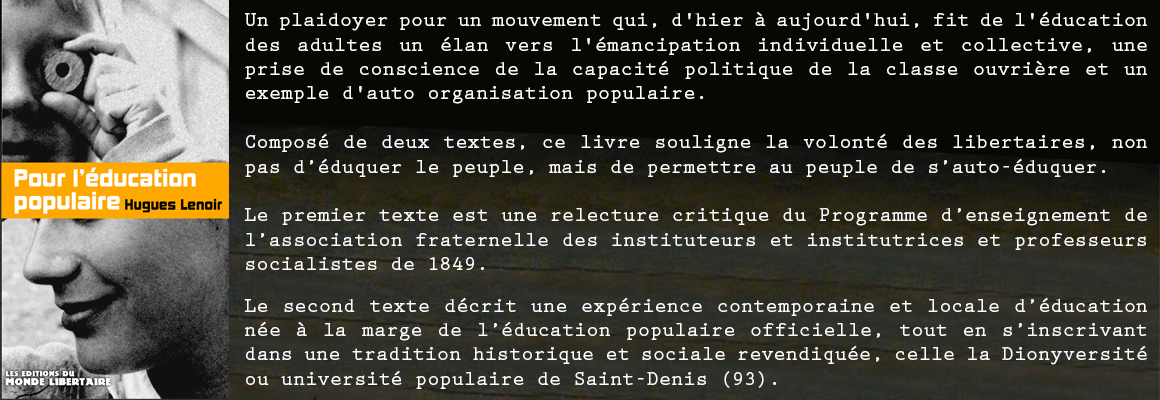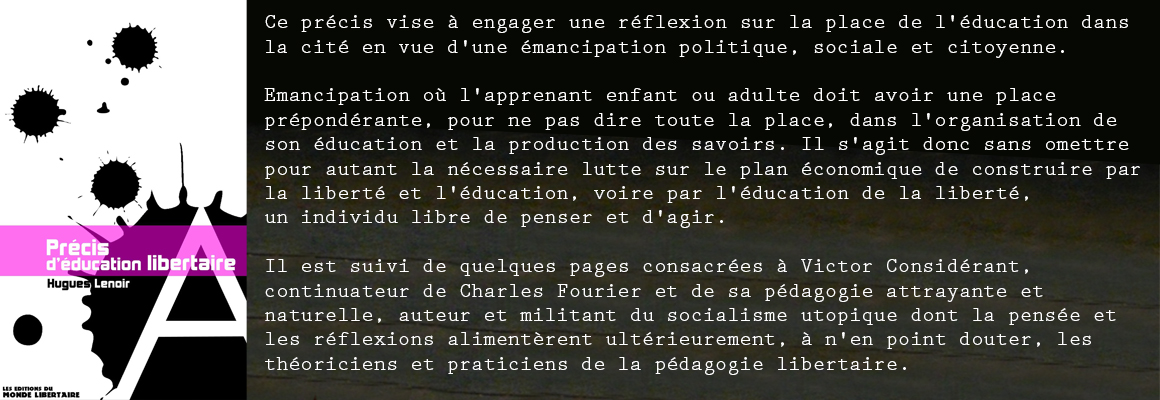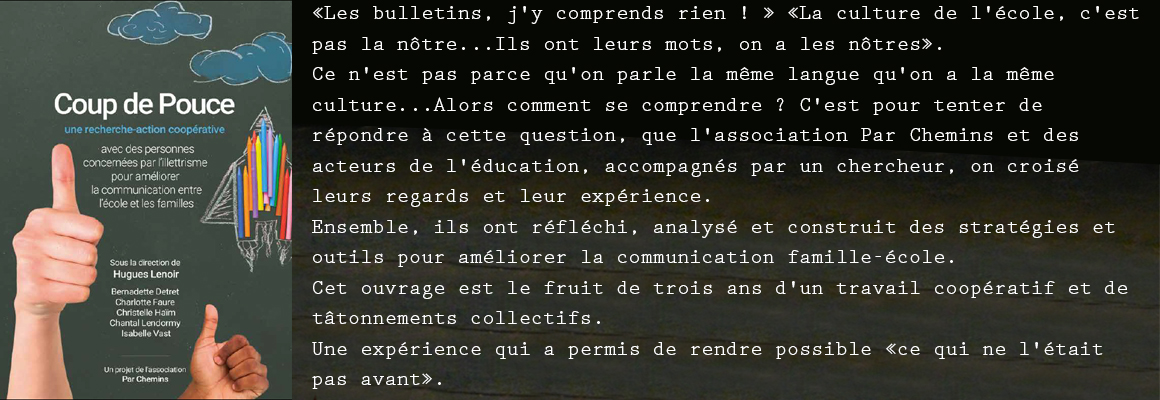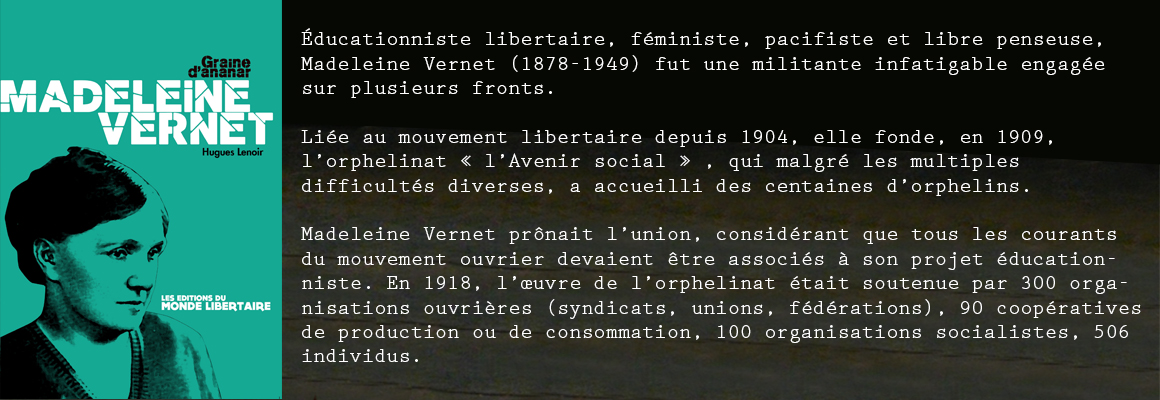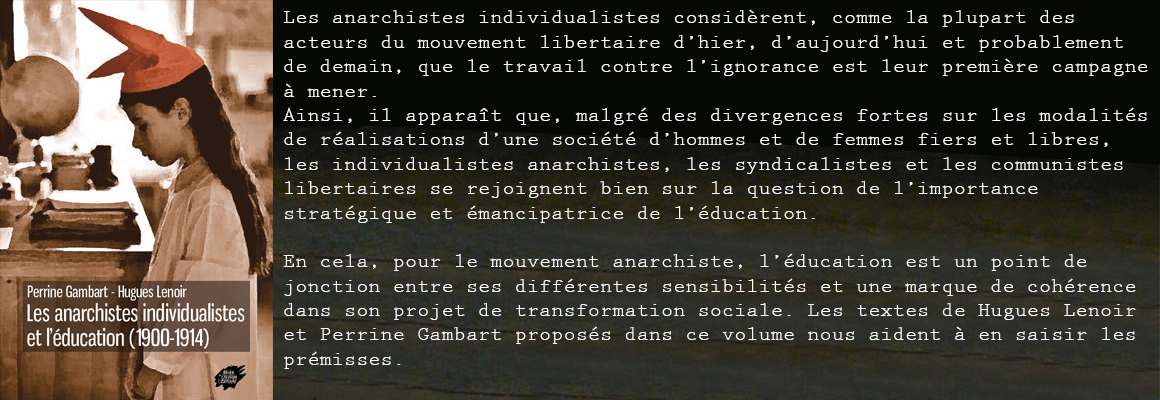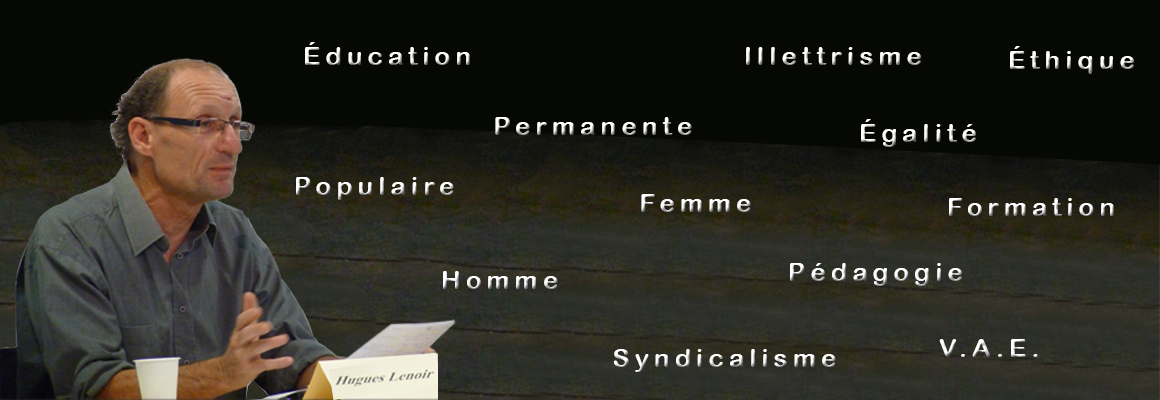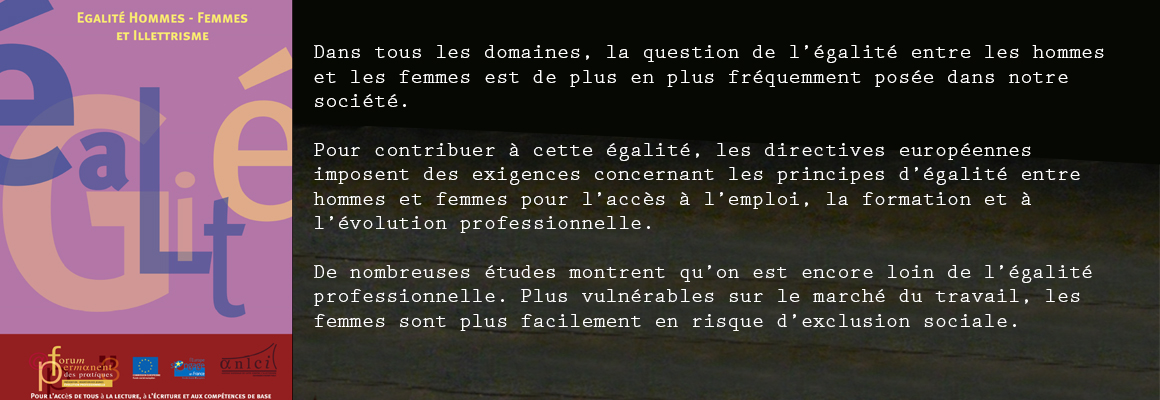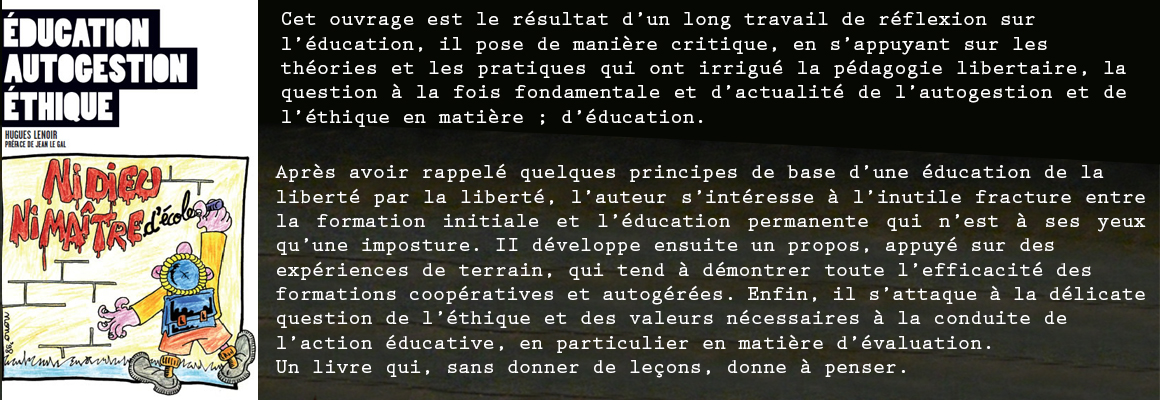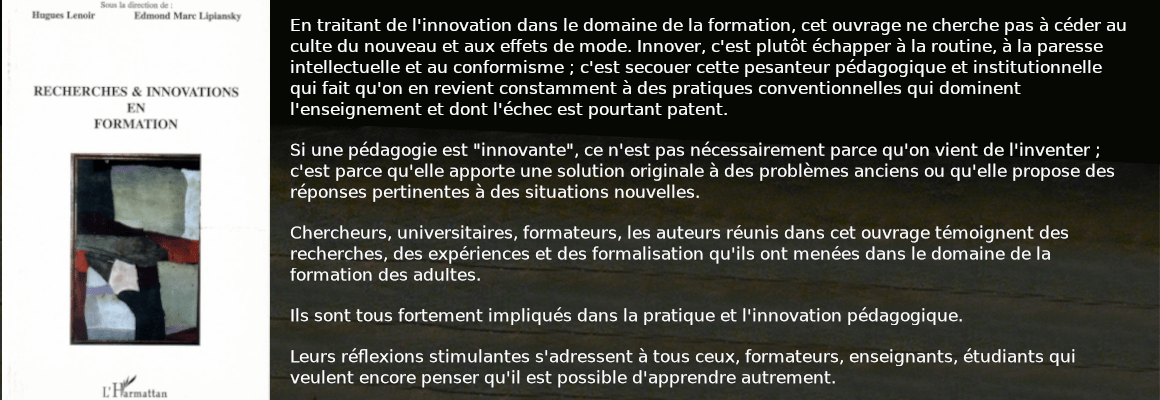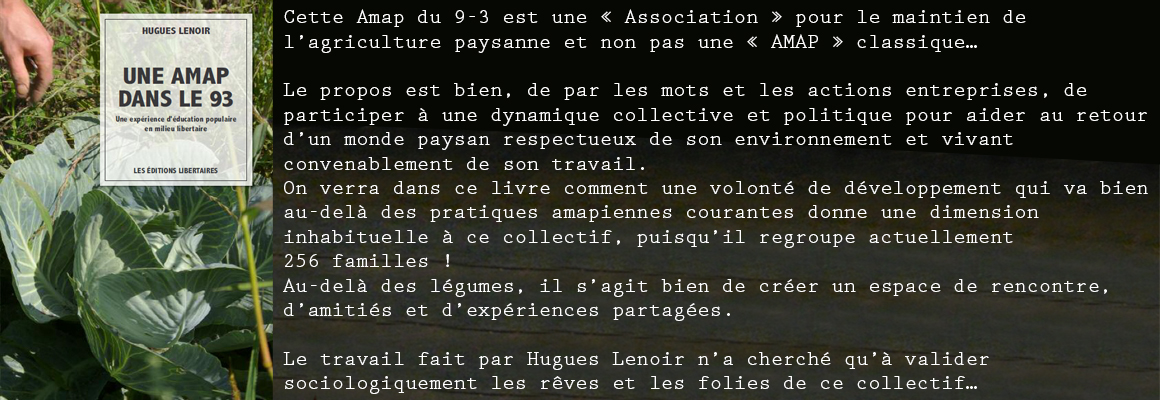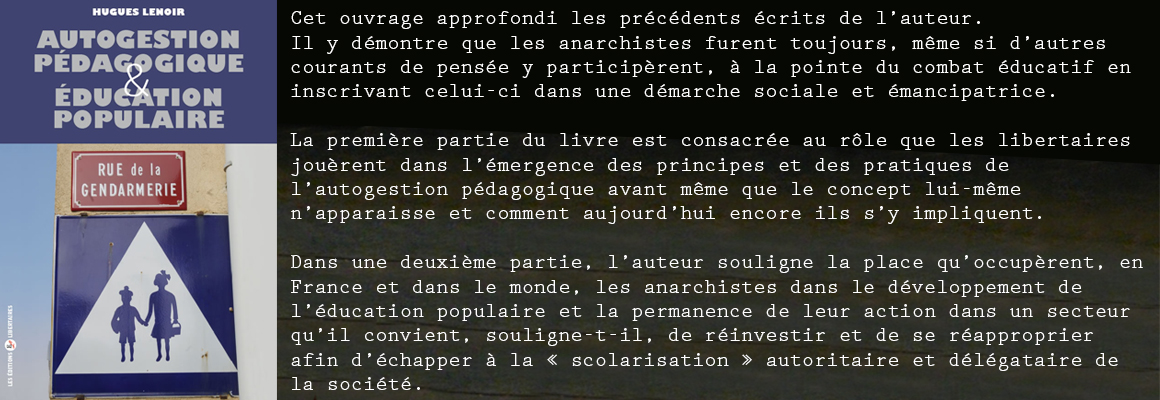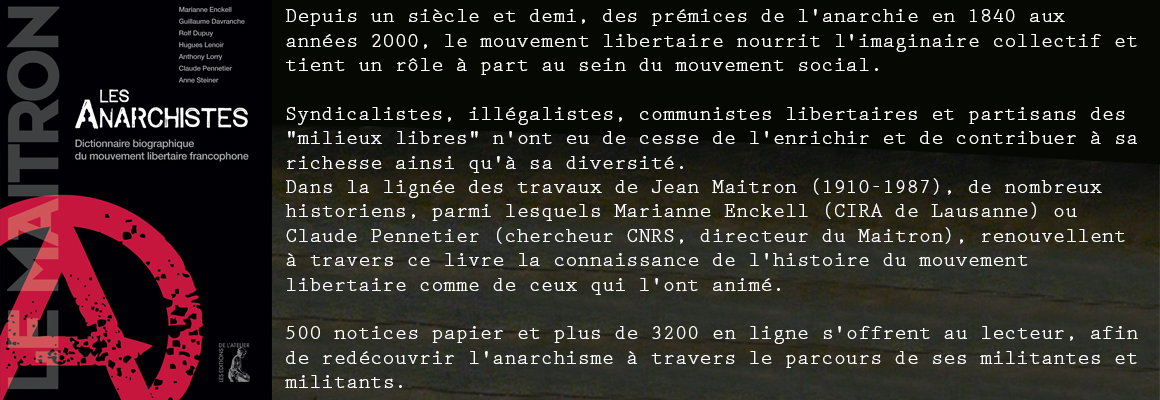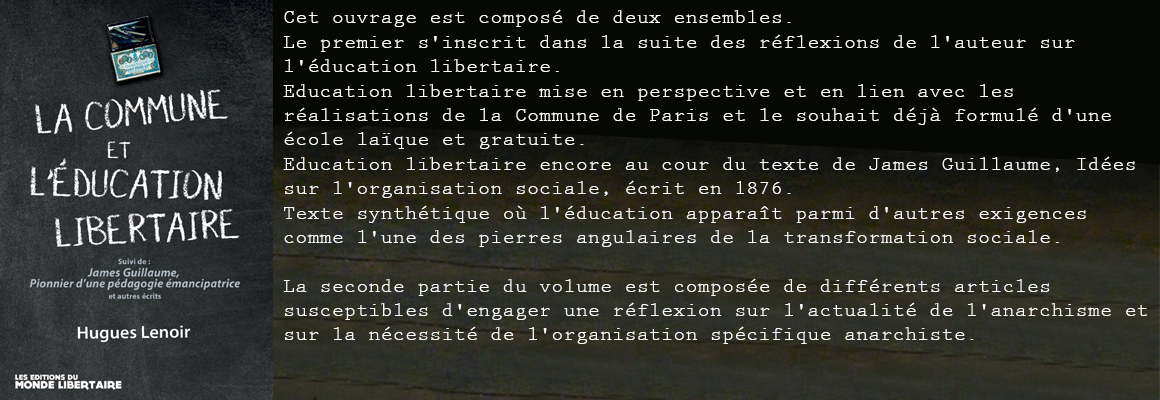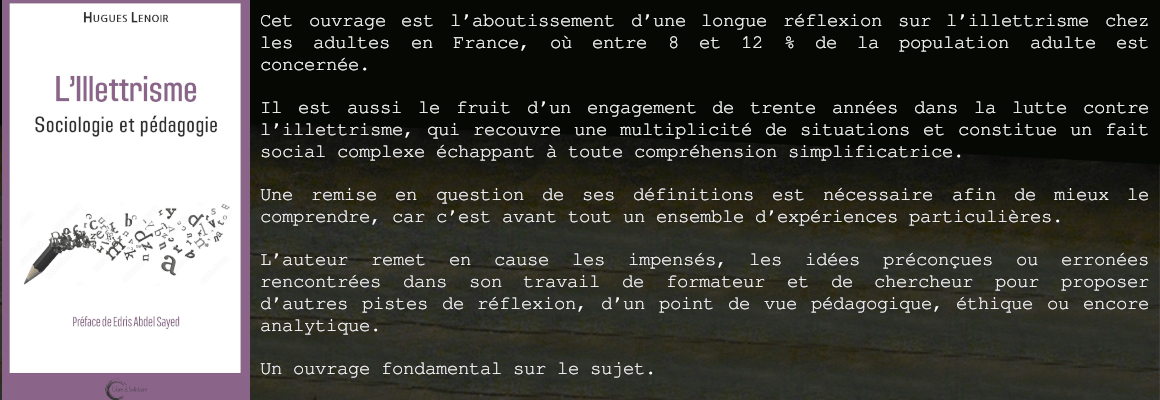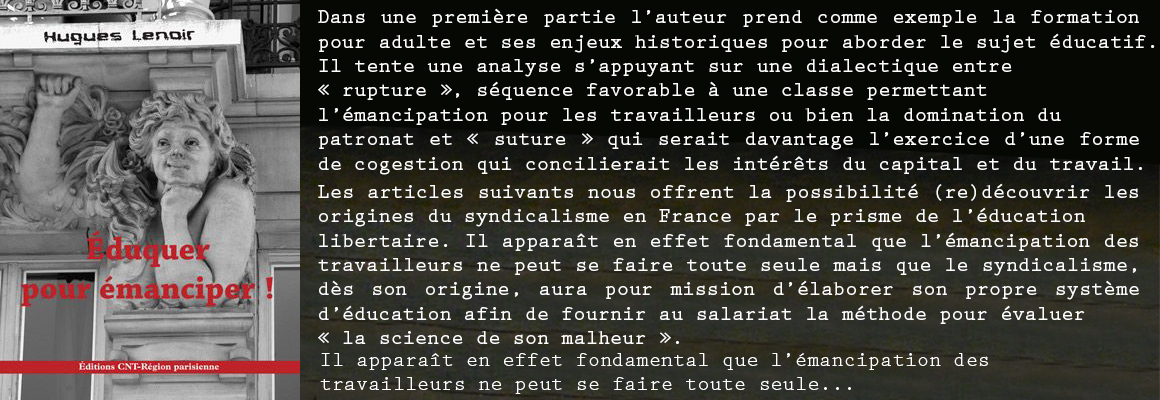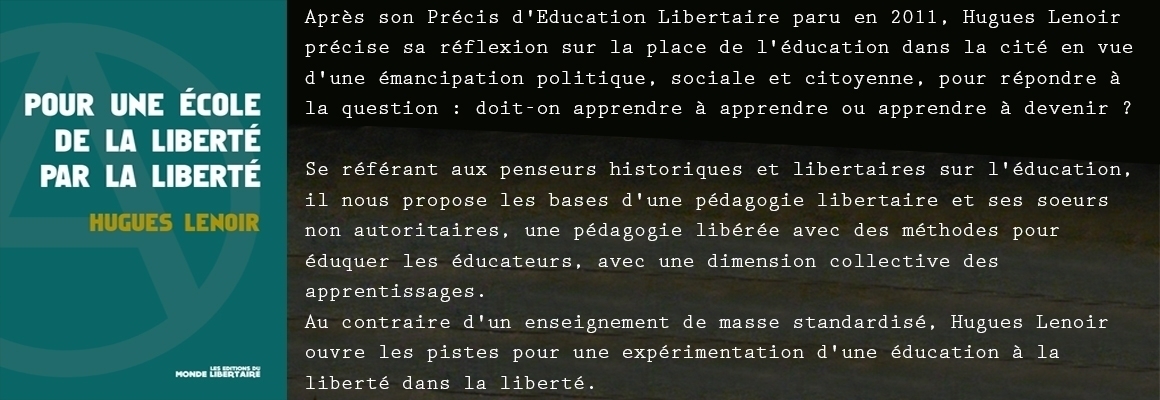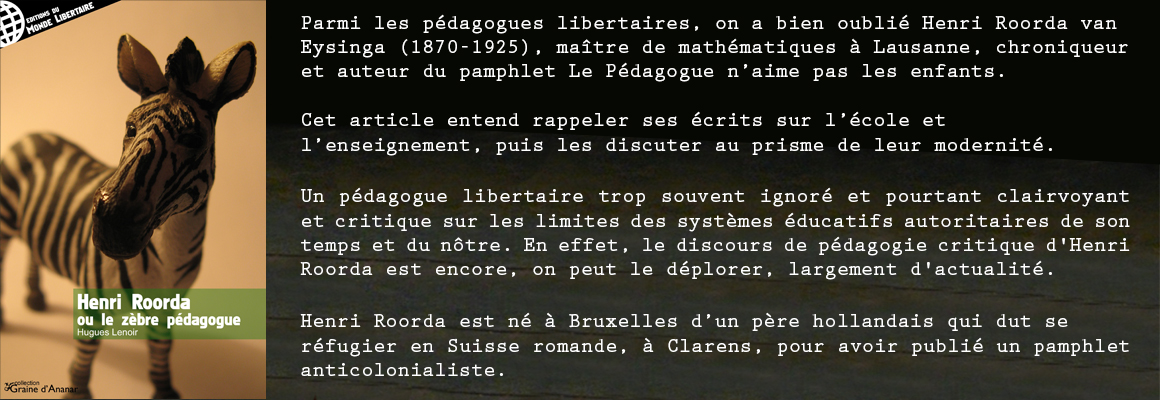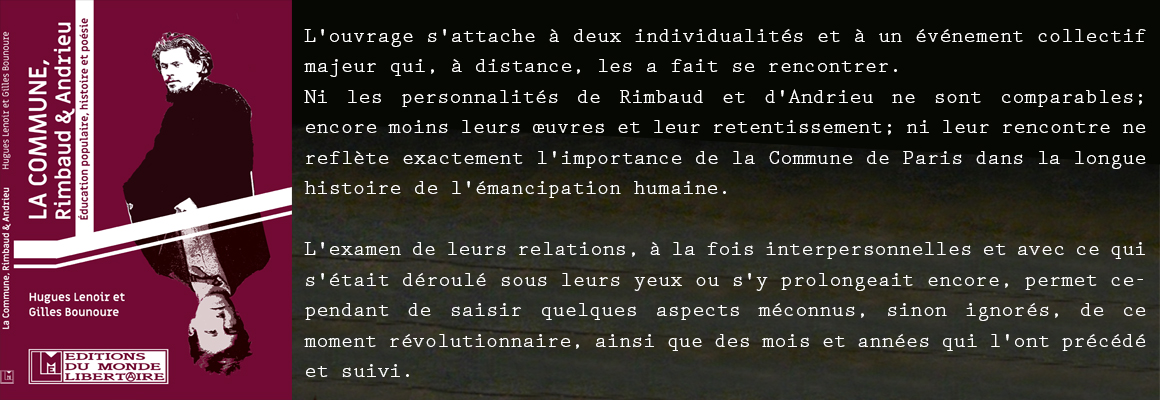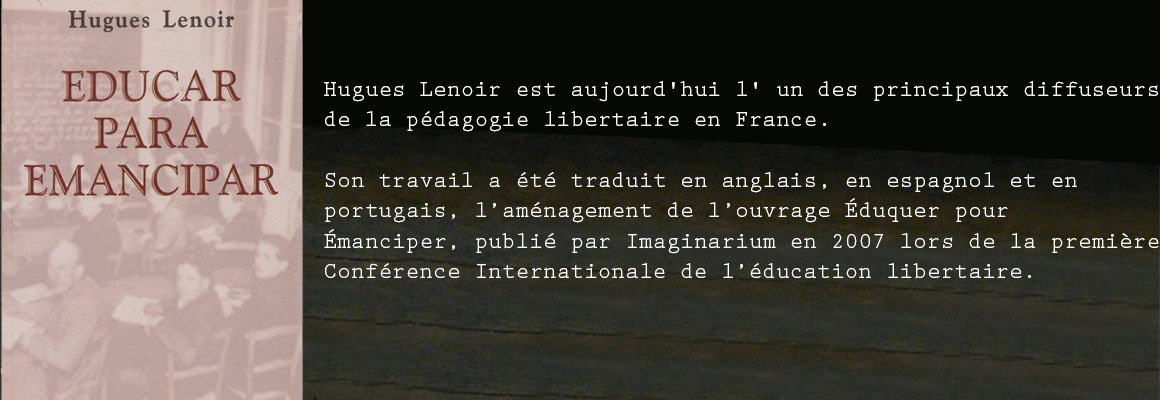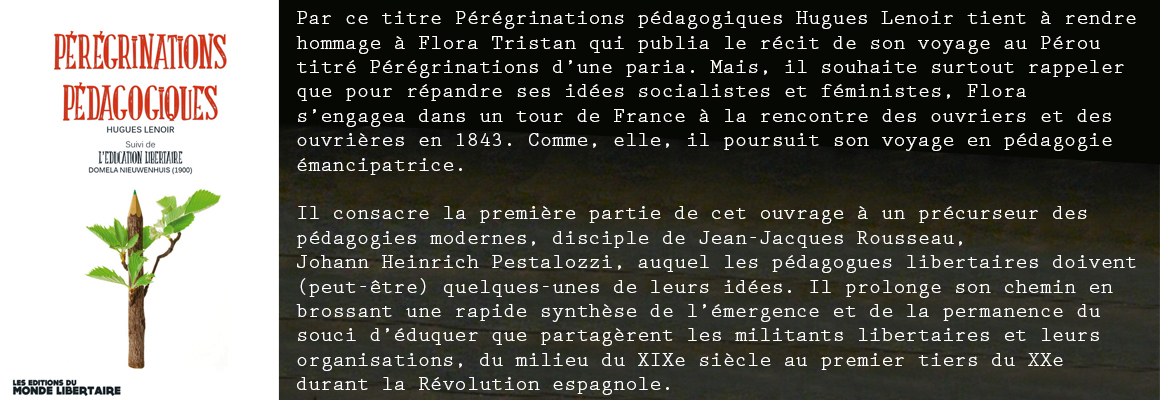VAP-AFPA-2001
SKILLS ACCREDITATION:
From intuitive typology to constructive representation
From experience we know that people from very different backgrounds and lifestyles use the VAP, accreditation of professional and social skills. If we agree that each accreditation request both excluded and was a singular pathway, we would have produced an empirical typology despite all our practices. In this case it’s a collective “we” whose findings are the result of discussions and debates in a variety of inter-university work groups in which I took part for the implementation of the 1985 decree and 1992 Law. We worked on the profiles of typical adults who had tried to get an accreditation of prior learning and use a highly (too highly!) confidential law: a little-used formal law a world away from a real law for all.
Our “wild” observation led us to address seven types of user based on “intuitive sociology”. The VAP (French accreditation of professional skills) tended to be based on the current socio-economic context meaning it closely followed an employment logic based on an increasing demand for qualifications and certifications. The VAP often supports adults in the process of a career change or looking for social promotion. It presents a potential solution to provide greater job security and is an additional asset in finding work. The VAP is also often a means, an artefact to gain recognition/status and strengthen a fragile but occupied social position. It is a second chance for women who want to return to work following their children’s schooling or young people[1] with past work experience (which is often chaotic and always unfinished) to return to training. It has no connection with any utilitarian reasoning. It a real lifelong learning experience – although we use it to build on knowledge and shorten the process. Basically, it’s going back to school for the enjoyment. It is therefore a procedure with multiple uses based on a strategy which puts the individual at the heart of the project.
To find out more, I decided to conduct research into the social uses of skills accreditation[2] in 2000. I didn’t try to confirm the typology which I deemed fairly accurate (and that my research confirmed in the main) but I set out to better understand the uses and individual expectations of the VAP. I shall briefly present the general findings of this study (which are worth looking into). I chose three uses/effects of the VAP which I deemed the most significant. They concern people with the VAP (accreditation of prior employment) in secondary education, 1992 Law.
The people surveyed saw the VAP as a key tool to promote job security and individual resistance to the recession. It enables people to conform to the social norm of an approved diploma or qualification and get the best (relatively speaking) protection with a foundation or superior title. Its effects lend support when in employment and help find work in case of unemployment. It may sometimes be used for social promotion or a higher salary but this use wasn’t prevalent during the study as the economic climate didn’t encourage either recognition or mobility. However, the uses of the skills accreditation mainly arose from employability in an uncertain and distressing climate.
Over time, the accreditation has a major effect on self-image. It plays a key role in restoring self-esteem. People feel better after the VAP. Better and better “qualified” in the face of worrying competition from young people coming into the labour market with more and more qualifications. It restores self-worth, status and value in the standard of work experience to be more comfortable with these newcomers. It provides reassurance, especially when unemployed, and in some cases can lead to the renegotiation of contract clauses. It may help know yourself better and better approve professional skills gained in or through experience but the VAP goes one better as it also enables you to better recognise yourself. Aside from self-validation and self-assessment approved by a third party authority enabling you to be on the qualification ladder and gain respect from employers or colleagues, it encourages the appearance of a new self-image and the subject begins to appreciate themselves thus breaking the destructive spiral of unqualified work or unemployment.
The work on self-esteem undertaken as part of the accreditation brings a number of items to the fore. Firstly, that knowledge deteriorates over time, lack of use pushes the oldest expertise out but this wear-and-tear (as long as the work isn’t too Taylorist) is broadly compensated by knowledge gained in the most recent professional situations. The VAP is therefore a way to gain awareness of knowledge used in work and often from your own experience. It thus encourages the appearance of incorporated skills and the recognition, between understanding of cognitive thought and the discovery of hidden knowledge whose social value and recognition fuel the accreditation process. Not only is the accreditation process itself instructive in how it triggers something in the subject but it is also a driver or tool to restart the learning process. In other words, it puts the subject in a learning-belonging[3] position which is both powerful and essential to the continuation of the pathway. It is a trigger capable of raising the mountain of knowledge.
These general findings about the VAP’s uses and effects by and on individuals now need to be readdressed. Although some of them may seem permanent and others not (at least for workers who don’t belong to the incompressible core of the unemployed), the “end of the recession” will change certain uses and bring new ones to light. The VAP and VAE (French accreditation of prior learning) of the future may bring about a powerful new relationship between Capital and Work to better negotiate qualifications and classifications, choose mobility and refuse unqualified jobs. Essentially, it means approving a real opportunity for recognition, social promotion and control over your career path.
New social uses of the accreditation will undoubtedly appear due to the social modernisation law, its “accreditation of experience” component and expected amendments to Chapter IX in the French Labour Law which may encourage both real equality in access to training and provide a second chance for the second chance. The accreditation journey has only just begun, “this is just the start, let’s carry on…”
Hugues LENOIR
CEP-CRIEP, Paris X
Agence Erasmus, Projet EPALE, Traduction Agence Liinguo,
[1] Based on regulatory texts and subject to age and experience.
[2] For further information, please see Actualité de la formation permanente n° 163 & 167. For the method, sample and results in extenso of this research, please see: Formation, Emploi, Précarité, Lenoir H, Marais J.-L (dir.) published by L’Harmattan, 2001.
[3] The concept of “apprenance”, which roughly translates to “learning-belonging”, is new and under development. It was first formulated by M.-F. Duru-Bellat. (check)
